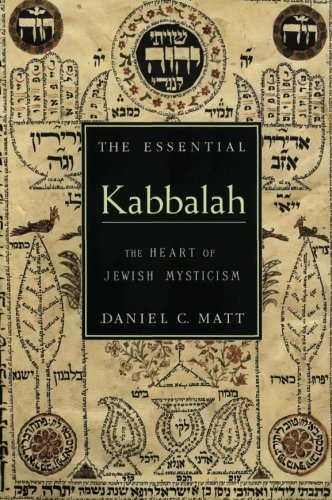Omer 3 - Beautiful Limits
Today is the third day of the Counting of the Omer - a time when many Jews note each day between the Second Day of Passover and the next major holiday, Shavuot, or “weeks”. Each of the seven weeks and each of the seven days of these weeks correspond to a particular “sefirah” or “sphere”, or perhaps better, “a divine emanation”. These themes allow us to reflect on the days as we move from liberation to revelation in the Jewish calendar. For more on the Jewish mystical sources of these ideas, join us for today’s Jewish “Lunch” and Learn on Zoom here.
Today is the day of balanced beauty (“tiferet”) in the week of loving-kindness (“chesed”).
In my mind, this is the kind of beauty that one finds in the balance between two things, in symmetry, in good “feng shui” - the kind of beauty that communicates wholeness without blowing our minds.
In this it embodies this middle path that the Taoist reading below advises for generals, asking us to see our efforts as successful when limited.
When looking at this balanced beauty in the context of loving-kindness, the theme for this third day of the Counting of the Omer, I am reminded of the sense that no one attribute is enough. We need to be kind, to one another and to ourselves, but not to the extent that we no longer aim at a bigger purpose. All of these attributes are in service of our constantly shifting encounters with the world, which need kindness and strictness, at different times and in different ways.
Finding that beautiful balance means finding limits, means reflecting and stopping on the project, and asking whether or not we have done enough, or done enough in one way, before proceeding.
Both the Tao and Jewish mysticism are asking us to reflect - to think, feel, and seek inspiration - as part of our process of doing in the world.
Wishing all of you a good day, a Happy middle of Passover, and meaningful counting.
Before and after meditating today I read this:
[From The Lao Tzu (Tao-Te Ching) as found in Wing-Tsit Chan (translator and compiler), A Source Book in Chinese Philosophy, (1963), page 154-155, slightly adapted by Jonathan Freirich]
30.
One who assists the ruler with Tao does not dominate the world with force.
The use of force usually brings requital.
Wherever armies are stationed, briers and thorns grow,
Great wars are always followed by famines,
A good (general) achieves their purpose and stops,
But dares not seek to dominate the world.
They achieve their purpose but do not brag about it.
They achieve their purpose but do not boast about it.
They achieve their purpose but are not proud of it.
They achieve their purpose but only as an unavoidable step.
They achieve their purpose but do not aim to dominate.
(For) after things reach their prime, they begin to grow old,
Which means being contrary to Tao.
Whatever is contrary to Tao will soon perish.




